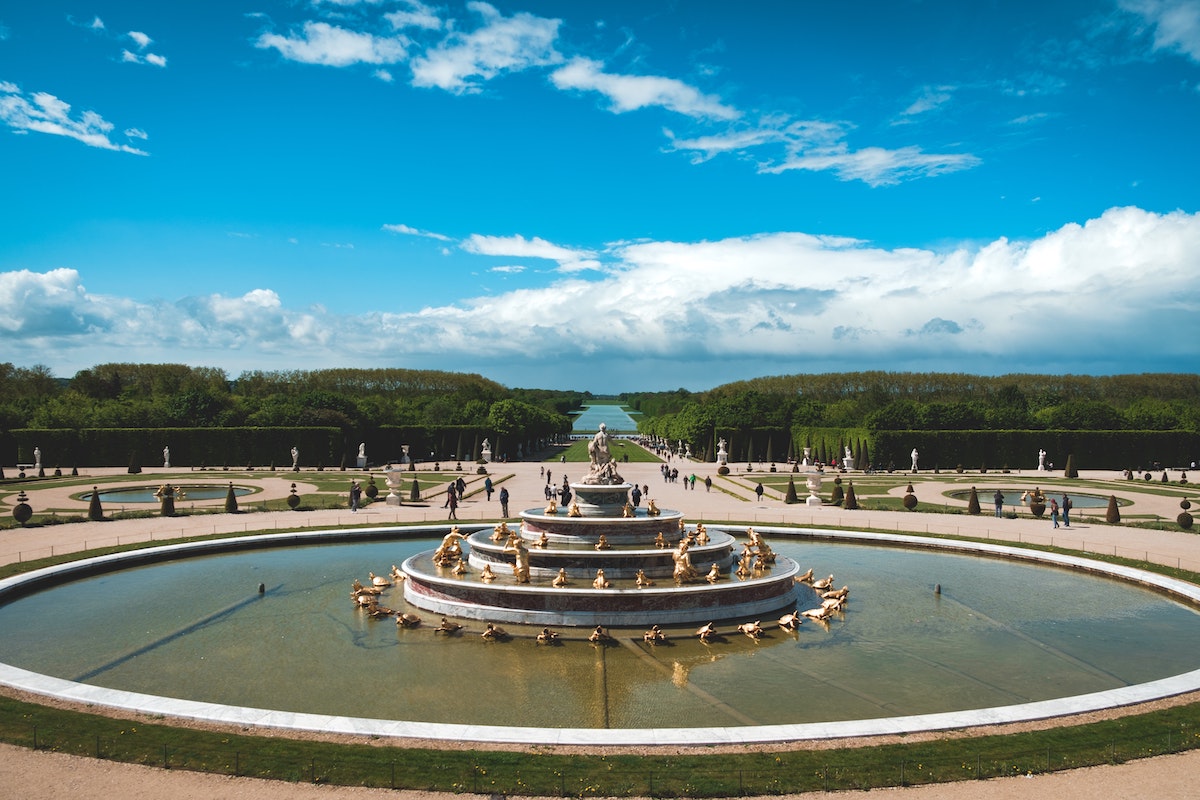Sorbonne Paris University
The name Sorbonne is used to indicate the complex of buildings which the University of Paris has occupied for seven centuries.
In 1253 the confessor of King Louis IX, Robert de Sorbon, founded a college in which theology was also taught to poorer students, and this was the original nucleus of what was to be the famous university.
In the vast area which it occupies today are the various institutes and lecture rooms besides other parts such as the library and the chancellor’s lodge.

COLLEGE DE FRANCE
Standing on the remains of Gallo-Roman baths, it was constructed between 1610 and 1778 by Chalgrin. The College de France was created in 1530 by Francois I as a place of learning independent from the Sorbonne. Since 1852 it has been dependent on the Ministry for National Education, but independent courses of literature and scientific subjects are given here. In front of it is a garden in which are a statue of Dante (Aube, 1879) and a monument representing the Pleiade. In an underground laboratory is the cyclotron, with which Frederic Jolio-Curie achieved the fission of the uranium nucleus. DE FRANCE – Standing on the remains of Gallo-Roman baths, it was constructed between 1610 and 1778 by Chalgrin. The College de France was created in 1530 by Francois I as a place of learning independent from the Sorbonne. Since 1852 it has been dependent on the Ministry for National Education, but independent courses of literature and scientific subjects are given here. In front of it is a garden in which are a statue of Dante (Aube, 1879) and a monument representing the Pleiade. In an underground laboratory is the cyclotron, with which Frederic Jolio-Curie achieved the fission of the uranium nucleus.
